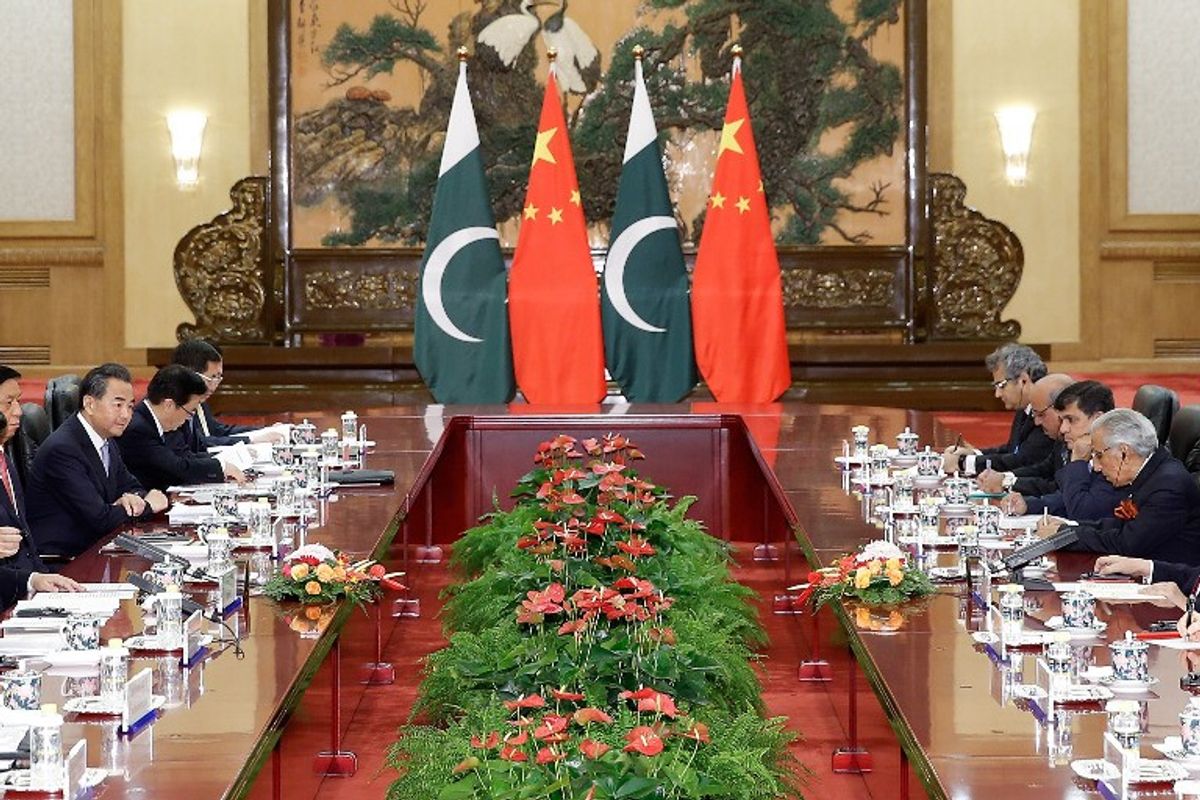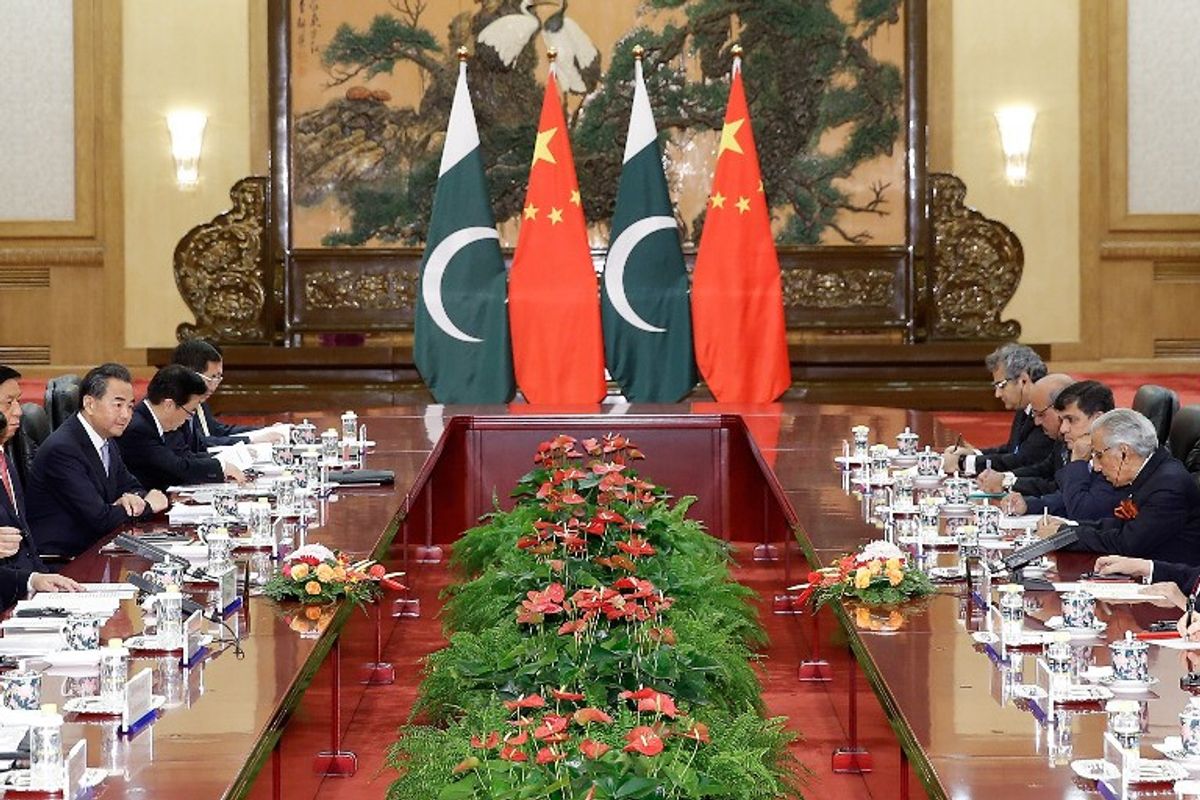Argentina is throwing itself back into the international economic community, after a 2002 default that thwarted the country’s access to world capital markets. The center-right Macri government, which came to power last December, is moving full speed ahead with economic reforms. And just last month, a U.S. appeals court cleared the way for Argentina to make payments on $9 billion in bonds – allowing the country to re-enter bond markets. This means big investment opportunities for Argentina’s northern neighbors.
The energy sector has extremely high growth potential. Argentina holds vast reserves of shale gas and oil and is seeking to bolster its renewables industry. However, unchecked energy subsidies swelled under the previous government – led by center-left President Cristina Kirchner – reaching 2.9 percent of GDP in 2014, according to the Argentine Budget Association. The association reports these subsidies accounted for more than 12 percent of 2014 federal spending, not including debt payments.
Just after taking office, President Mauricio Macri cut electricity subsidies to wholesale power distributors. A gradual and sustained increase in electricity and gas prices is planned for almost all sectors of the Argentine economy. Households that cannot afford the price hike will be able to continue paying a subsidized bill.
“The recent reforms in energy prices have sparked interest in investing in the energy sector, both on traditional and renewable energies,” says former Executive Director at the International Monetary Fund (IMF) and Cipher Brief expert Andrea Montanino.
At an event in Washington last month, Argentine Ambassador to the U.S. Martin Lousteau highlighted the great potential for a U.S.-Argentina partnership on renewables, “where Argentina has amazing conditions and the U.S. has the technology and the know-how,” he said.
Other areas of investment opportunity include telecommunications (Argentina announced it is constructing a 4G network in the near future), infrastructure and transportation, and industries in which the Macri government has lifted export taxes, including mining and agriculture.
U.S. Ambassador to Argentina Noah Mamet says investors should also keep their eyes on technology. At the event with Ambassador Lousteau, Mamet noted the technology boom has not yet taken grasp of the Argentine economy. “Uber started yesterday [April 13],” he said.
Mamet pointed out that the U.S. Chamber of Commerce predicts up to $18.5 billion of new investments will flow from the U.S. to Argentina over the next three years, if market conditions continue improving. In March, a commerce official reported U.S. firms have already committed to invest more than $2.3 billion in Argentina over the next 12 – 18 months.
In order to transform the economy to make it more attractive to foreign investors and to bolster domestic growth, the Macri government has focused on reducing the fiscal deficit (currently at seven percent of GDP) and cutting high inflation to below 17 percent next year. To meet these goals, the government devalued the peso, unified a cumbersome foreign exchange regime, lifted export taxes, and implemented a program to deal with unintended consequences that affect the poor.
However, the peso devaluation – and currently high import prices – could cause inflationary pressure, and the increase in utility prices earlier this year made Argentina’s Consumer Price Index (CPI) spike. “This year is probably the most difficult year because we don’t have growth […] short run pain for medium run gain,” explained Argentina’s Finance Minister Alfonso Prat Gay at a Georgetown University talk last month.
That short run pain is why timing is of the utmost importance. Michael Shifter and Bruno Binetti, President and Research Associate at the Inter-American Dialogue (respectively) and Cipher Brief experts, assert, “For the government, getting the timing of the reforms right is as important as the policy changes themselves. If Macri moves too fast he can alienate powerful social and political actors [like the labor unions, associated with the center-left Justicialist Party], affecting governability and Congressional support. But if he is too slow, it could take too long before the investments the country desperately needs actually materialize.”
The government knows what needs to be done, says Minister Prat Gay, but “sequencing is the name of the game here.”
Other challenges to a sustained economic revival include regional transitions: the recession of Latin America’s largest economy, Brazil, and slower growth in China, a key buyer of Argentine commodities. Moreover, “a rigid labor system and the weakness of the rule of law are unlikely to change in the short term,” according to Shifter and Binetti.
Ambassador Lousteau explained the short term situation by saying, “We’re heading in a good direction in the part of the road that’s in bad shape. And unfortunately, part of the things that you need to do in order to get the car moving in the right direction make the road bumpier in the short term.”
If the Macri government can get the timing and sequencing of the reforms right, then the road should be smoother in the future, creating an easier ride for foreign investment.
Kaitlin Lavinder is an International Producer with The Cipher Brief.












